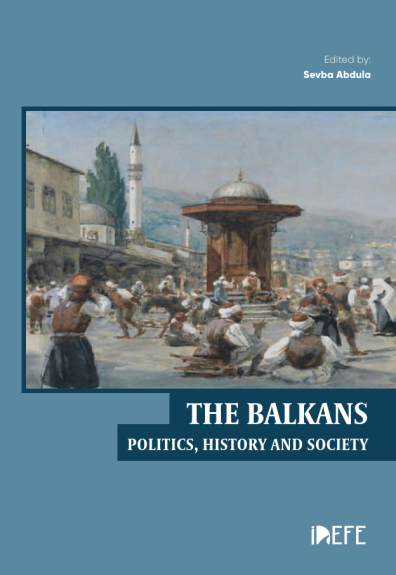Editorial Publishings
Intellectual Catalysts: The Cultural Influence of the Unitarian Church of Transylvania on the Road to Romanian Independence
Authors
-
Esra KızılYozgat Bozok University
Synopsis
After being an autonomous principality under the Ottoman Empire until the Treaty of Karlowitz in 1699, Transylvania came under the rule of Habsburg rule following the decline of the Ottoman Empire. During the Habsburg administ-ration, three different nations and four churches formed the backbone of the Transylvanian autonomy, with Hungarians, Saxons and Sekels holding the mo-nopoly of power and privilege. The other masses were excluded, especially the Romanians, who constituted the majority of the Transylvanian population, were not included as part of this system because they were peasants and Orthodox. However, the people could no longer tolerate social, cultural and religious opp-ression and started to take concrete steps.
The contribution of the Uniate Church of Transylvania Uniate Church to the in-tellectual developments in the process of Romania’s independence is very im-portant. The cultural movements that emerged in this region in the 18th century led to political changes for Romania in the future. The first step was taken with the struggle for “equality” through the members of the Church. The struggles continued with tending to the origins of their own history and language, where they would find a patriotic motive in the name of nationalism.
Intellectual Catalysts: The Cultural Influence of the Unitarian Church of Transylvania on the Road to Romanian Independence
Downloads
Publication Information
-
Publication TypeChapter
-
Volume
-
Pages101-116
-
Series
-
Series PositionResearch 9
Abdula, S. (Ed.). (n.d.). Intellectual Catalysts: The Cultural Influence of the Unitarian Church of Transylvania on the Road to Romanian Independence. In The Balkans Politics, History and Society: Vol. Research 9 (pp. 101-116). Idefe Publications. https://doi.org/10.51331/EB06.06BJ
